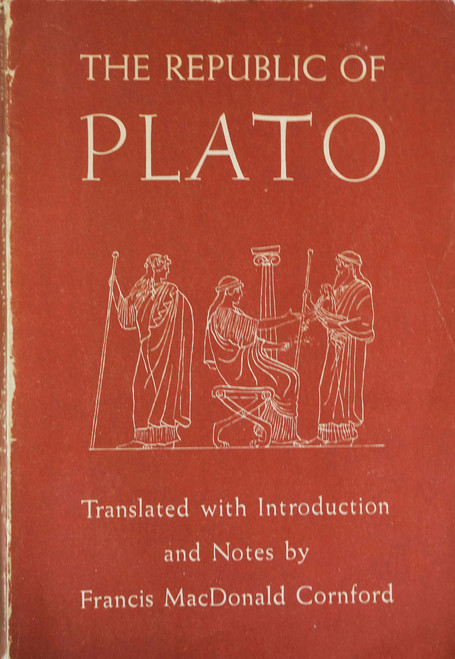Plato's Republic is a philosophical dialogue written by Plato around 380 BCE. The work explores the nature of justice, the structure of an ideal state, and the role of individuals within that state. The narrative centers around Socrates and his discussions with various characters, critically exploring topics such as the allegory of the cave, the philosopher-king, and the tripartite theory of the soul. Ultimately, The Republic seeks to define justice and illuminate the characteristics of a just society.
Translated by Benjamin Jowett, M.A.
With the Jowett Notes and Marginalia
Illustrated by Laszlo Matulay
With an Introduction by Scott Buchanan
About the Author
Plato is a Classical Greek philosopher, mathematician, student of Socrates, writer of philosophical dialogues, and founder of the Academy in Athens, the first institution of higher learning in the Western world. Along with his mentor, Socrates, and his student, Aristotle, Plato helped to lay the foundations of Western philosophy and science. Plato is one of the most important Western philosophers, exerting influence on virtually every figure in philosophy after him. His book The Republic is known as the first comprehensive work on political philosophy. Plato also contributed foundationally to ethics, metaphysics, and epistemology.
Scott Buchanan (1891–1968) was an American educator, classicist, and philosopher known for his contributions to liberal arts education. He co-founded the Great Books Program at St. John's College in Annapolis, Maryland, where he served as dean and later as president. Buchanan advocated for a curriculum centered around the study of seminal works of Western literature, philosophy, and science, believing in the importance of fostering critical thinking and civic engagement through the examination of these texts.














